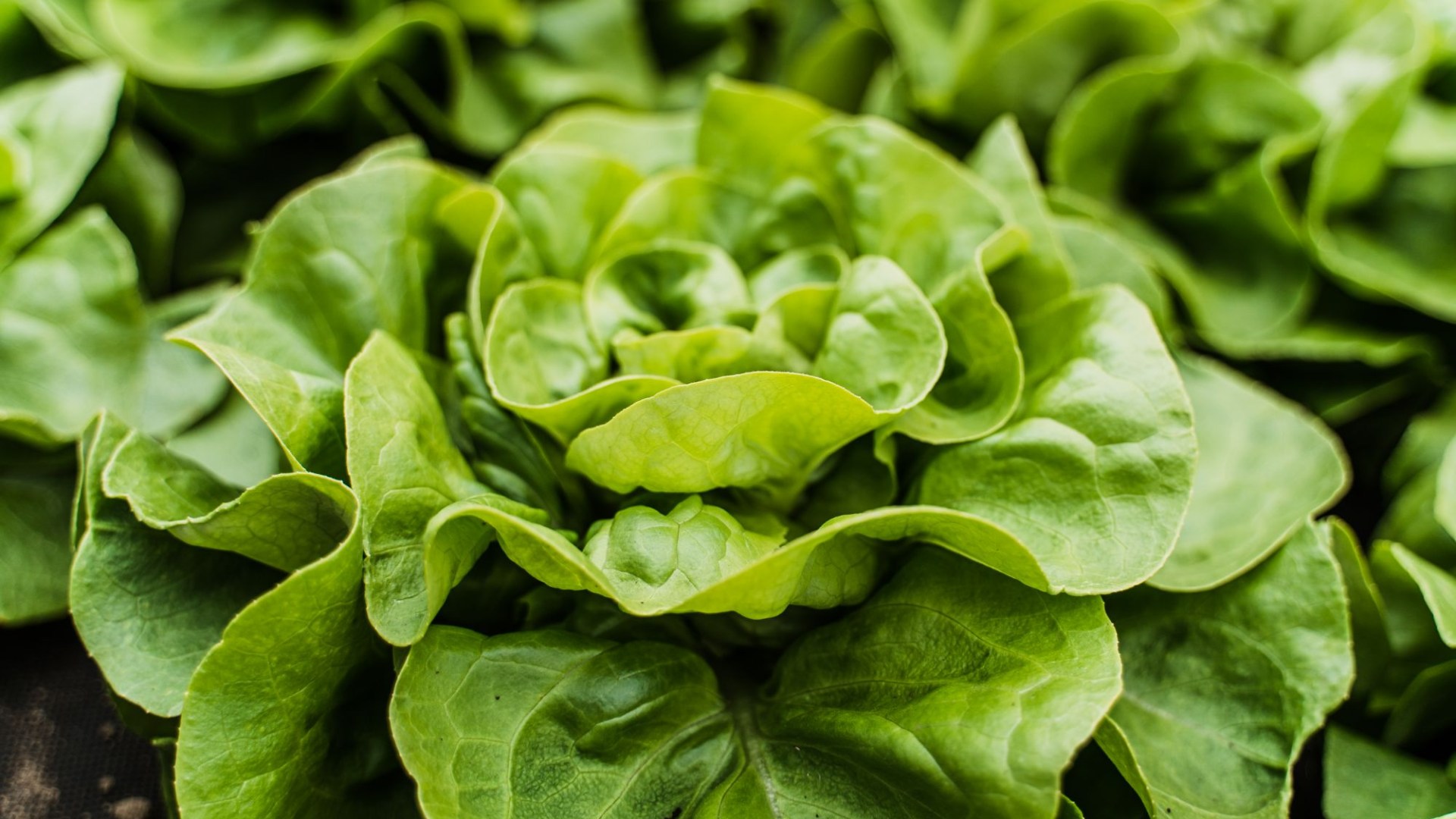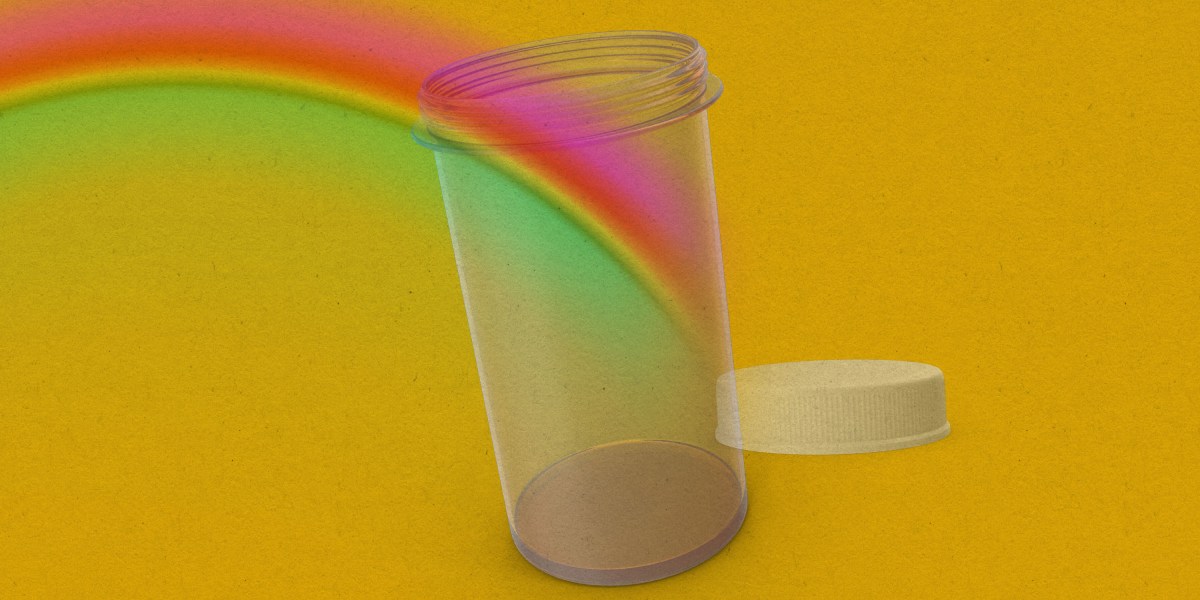SCIENTISTS are “confident” they’ve found the source of a nasty E. Coli outbreak that left over 200 people sick and at least 67 hospitalised.
The Food Standards Agency (FSA) told The Sun it’s “confident” that lettuce leaves are the cause of the food-borne bug that’s swept the UK.
1
But it said it was “too early to determine” how the greens may have become contaminated.
The FSA has not revealed whether the lettuce came from a UK-based farm or was imported from abroad.
But according to the latest figures concerning the outbreak, 211 people are confirmed to have been infected with E. coli bacteria and at least 67 people have required hospital treatment.
Most cases – 147 – were reported in England, but 35 were detected in Scotland, 27 in Wales and two in Northern Ireland, though evidence suggests these last two infections were picked up while visiting England.
All the cases were caused by a strain of the bacteria called called Shiga toxin-producing E. coli O145 (STEC), which can leave sufferers with severe and sometimes bloody diarrhoea, tummy pain and fever.
Over 60 sandwiches, salads and wraps sold major UK supermarkets and chains were pulled from shelves as a “precautionary measure” over fears they might be contaminated with the bacteria.
Affected retailers include Sainsbury’s, Asda, Aldi, Morrisons, Co-op, and retail pharmacy chain Boots.
E. Coli was not detected in the recalled products, but people who’d bought them were warned not to eat them and return them to stores for a refund instead.
The FSA emphasised that determining the exact source of the outbreak was “complex” and said its investigation “is still ongoing”.
Darren Whitby, Head of Incidents at the food safety watchdog, said:
“Sandwich manufacturers are taking a precautionary measure to recall various sandwiches, wraps, subs and rolls in response to findings from investigations by the FSA, Food Standards Scotland (FSS) and UK Health Security Agency (UKHSA) who are working to identify the cause of an ongoing outbreak caused by STEC.
“This is a complex investigation, and we have worked swiftly with the relevant businesses and the local authorities concerned to narrow down the wide range of foods consumed to a small number of salad leaf products that have been used in sandwiches, wraps, subs and rolls.
“Following thorough food chain analysis, these products are being recalled as a precaution.
He went on: “Infections caused by STEC bacteria can cause severe bloody diarrhoea and, in some cases, more serious complications.
“We therefore advise any consumers who have any of these products not to eat them.
“The FSA is here to ensure that food is safe. If there are products on the market that are not, we won’t hesitate to take action to remove them.”
How can lettuce get contaminated?
Dr Chris Papadopoulos, Principal Lecturer in Public Health at the University of Bedfordshire, told Yahoo Life that salad leaves are particularly susceptible to contamination with the harmful bacteria.
“Firstly, salad leaves are often grown in open fields where they can come into contact with contaminated water, soil, or animal faeces.
“Secondly, the large surface area and porous nature of salad leaves provide an ideal environment for bacteria to adhere to and multiply.
“Thirdly, salad leaves are typically consumed raw, meaning they do not undergo cooking, which would kill harmful bacteria.
“This increases the risk of pathogens like E. coli being present on the leaves when consumed.”
There are three ways lettuce leaves could have been contaminated with E.coli, Professor Jim Monaghan, professor of crop science at Harper Adams University in Shropshire, told Sky News.
Full list of products recalled over E. Coli fears
HERE is the full list of sandwiches, wraps and salads recalled over fears they might contain dangerous bacteria, where each of them is sold and the ‘use-by’ date on the last affected batch.
Asda
- Smoky Beans and Cheddar Cheese Wrap – June 15
- Chicken Salad (Sandwich) – June 15
- Chicken & Bacon Club (Sandwich) – June 15
- Brie, Bacon and Chilli Chutney (Sandwich) – June 15
- BLT (Sandwich) – June 16
- Vegan No Chick’n Caesar Wrap – June 15
- Tuna Crunch Sub Roll – June 15
- Southern Fried Chicken Wrap – June 15
- Southern Fried Chicken Triple Wrap – June 15
ALDI
- Chicken Fajita Triple Wrap – June 16
Amazon
- Chicken Salad Sandwich – June 16
- Ploughman’s Sandwich – June 16
- Chicken & Bacon Layered Salad – June 16
- Prawn Layered Salad – June 16
- BLT Sandwich – June 16
Boots
- BBQ Chicken Wrap – June 16
- BLT (Sandwich) – June 16
- Cheddar Cheese Ploughman’s (Sandwich) – June 16
- Chicken & Bacon Caesar Wrap – June 16
- Chicken Salad (Sandwich) – June 16
- Chicken Triple (Sandwich) – June 16
- Delicious Ham & Cheese Ploughman’s (Sandwich) – June 16
- Halloumi & Greek Style Salad wrap – June 16
- Ham & Egg Club (Sandwich) – June 16
- Mixed Triple (Sandwich) – June 16
- Southern Fried Chicken Wrap – June 16
- Spicy Bean & Cheese Wrap – June 16
- Vegan No Chicken Salad (Sandwich) – June 16
- Vegan No Duck & Hoisin Wrap – June 16
- Veggie Triple (Sandwich) – June 16
Co-op
- Vegan Gro Onion Bhaji (Sandwich) – June 16
- Mexican Style Bean & Cheese Wrap – June 16
- Ham, Cheese & Pickle (Sandwich) – June 16
- Ham & Cheese Wrap – June 16
- Chicken & Bacon Caesar Wrap – June 17
- Bacon, Lettuce and Tomato (Sandwich) – June 16
Morrisons
- Chicken Salad (Sandwich) – June 16
- Chicken Salad PFS (Sandwich) – June 16
- Gluten-Free Chicken Salad (Sandwich) – June 16
- Gluten-Free Sandwich Platter – June 16
One Stop
- Tuna Crunch Sub – June 16
- Chicken Salad Sandwich – June 17
- Hoisin Duck Wrap – June 17
- Chicken, Bacon and Lettuce Sandwich – June 17
Sainsbury’s
- Peri Peri Chicken Wrap – June 16
- BBQ Pulled Pork & Red Leicester (Sandwich) – June 16
- Chicken, Bacon & Avocado Focaccia (Sandwich) – June 16
- Greek Style Wrap – June 16
- Jerk Halloumi Wrap – June 16
Tesco
- Chicken Salad Sandwich – June 16
- Chicken Salad Sub – June 16
- BBQ Chicken Wrap – June 16
- Hoi Sin Duck Wrap – June 16
- The Chicken Club Sandwich – June 16
- Tuna Crunch Sub – June 16
- Spicy Bean Wrap – June 16
- Chicken Bacon & Lettuce Sandwich – June 16
- Fajita Chicken Wrap – June 16
- Summer Edition Greek Style Chicken Gyros Wrap – June 16
The Gym Kitchen
- Peri Peri Chicken Chilled Wrap – June 16
WH Smith
- THIS! Ins’t Chicken & Bacon Wrap – June 18
Read more on the recalls here.
He said pathogenic strains of the bacteria that are capable of causing disease are found 10-15 per cent of dairy herds.
The bacteria can end up in their manure, which can directly contaminate lettuce leaves.
Bacteria may also leach into soil and water and indirectly contaminate lettuce crops.
Farmers do have measures in place to avoid contamination, as they they have to wait at least a year before they can plant lettuce if they use manure to fertilise a field.
They must also test the water they are using for irrigation to see if E.coli is present.
Finally, salad growers risk assess their sites and avoid planting salad in any areas prone to flooding to avoid potential water contamination.
Is it safe to eat lettuce?
Prof Monaghan told Sky News he has no plans to stop eating lettuce in response to the E. Coli outbreak.
Aside from being reassured by the risk management measures UK lettuce growers have in place, he said: “It would appear that the product that’s caused a problem has left the supply chain.”
The fact E.coli was not found in recalled products indicates that’s it’s no longer in the supply chain – the culprits have either been pulled from shelves or eaten.
This is why it’s so hard to identify the exact source of the outbreak, Prof Monaghan said.
“There’s no smoking gun,” he explained.
Everyone involved in salad production – from growers to salad and sandwich manufacturers – will also be “sampling like crazy”, Prof Monaghan added.
The FSA hasn’t advised people to stop eating lettuce or warned people not to buy ready-made salads and wraps except for those already recalled.
How can I avoid getting sick with E. Coli?
Trish Mannes, Incident Director at UKHSA, said: “Symptoms of infections with STEC include severe and sometimes bloody diarrhoea, stomach cramps, vomiting and fever.
“If you are unwell, have eaten salad leaves recently and are concerned about any symptoms, follow NHS.uk guidance on when to seek help and the steps you can take to avoid further spread to family and friends.
“While diarrhoea and vomiting can have a range of causes, there are simple steps you can take to reduce your risk and risk of infecting others.”
She advised you:
- Wash your hands with soap and warm water
- Using disinfectants to clean surfaces to help stop any further spread of infection
- Do not prepare food for others if you are unwell with diarrhoea and vomiting
- Avoid visiting people in hospitals or care homes to avoid passing on the infection in these settings
- Do not return to work, school or nursery until 48 hours after your symptoms have stopped
Dr Papadapoulos also advised you properly wash your produce under running water before eating, cutting or cooking it.
He also suggested you use separate cutting boards for raw meat and other foods to avoid cross contamination and make sure you thoroughly cook your meat to kill off bacteria.




